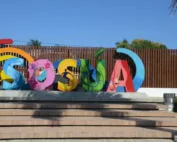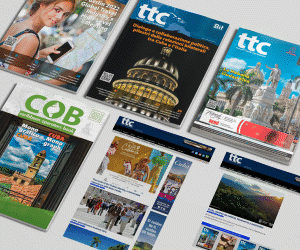Informática 2024: Progress in Cuba on the path to a digital society
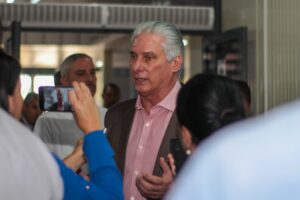
By Daily Pérez Guillén
The Informática 2024 19th International Convention and Fair is an opportunity to showcase Cuba’s progress in this area. According to the Minister of Communications of the Caribbean country, Mayra Arevich, 31 state entities and 290 micro, small and medium-sized enterprises—88 of them private—make up the Cuban software industry, which also includes the technology parks of Havana and Matanzas.
At the opening ceremony, the minister and president of the event also highlighted the progress made in ICT use in Cuba, where telephone density has reached 86%. More than 10.8 million Cubans now use cellphones, 6.6 million of whom use their devices to access the internet, consuming an average of 7.7 megabytes per month, a figure five times higher than that of five years ago.
In 2023, Cuba began operations with its second fiber optic cable, while digital television grew in line with the partial transition from analog to digital transmission in the west of the country, a program that will continue through agreements with the Chinese government.
Arevich mentioned that there are currently 263 government digital portals, while the electronic payment of taxes has been rolled out nationwide. By the end of last year, 3.4 million payments for services were also made electronically.
Many of these new technological platforms and applications for health, culture, education, tourism, trade and government administration have been created with “national capabilities and creative professional talent to advance the informatization of Cuban society,” as noted by the minister.

In a video message, the Secretary-General of the International Telecommunication Union, Doreen Bogdan-Martin, acknowledged that Cuba “is positioned as a promising scenario to explore the possibilities and challenges presented by the digital society,” at a time when digital transformation “has become the engine that drives progress in all spheres of society.”
Meanwhile, Rodney Taylor, secretary general of the Caribbean Telecommunications Union, referred to the need to avoid deepening inequality in the technological sphere, and highlighted Cuba as an example in guaranteeing the inclusion of the elderly, the disabled and children as part of the policies and strategies for technological transformation.
Prior to the official inauguration, a high-level panel on digital transformation and its challenges was held, in which moderator, Wilfredo González Vidal—first deputy minister of Communications and executive president of the Organizing Committee of the Convention and International Fair—encouraged participants to answer questions regarding the essential elements to promote the digital transformation process in the region and in Cuba; the necessary legislation and policies to boost this process; as well as the alternatives to reduce the digital divide.
González Vidal told the more than 1,200 delegates attending the event that Informática is “one of the longest standing scientific-technical and commercial events to be systematically held in Latin America and the Caribbean.”
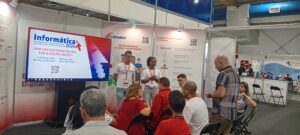
Running parallel to this edition are the 16th Ibero-American Seminar on Information Technology Security, the 13th International Congress on Geomatics, the 11th International Telecommunications Symposium and the 11th International Congress on Technologies, E-Commerce and Digital Content.
The Convention also includes nine round tables, 38 panels, 80 keynote lectures and more than 350 presentations from different countries, the largest number from Cuba, Mexico, Russia and Colombia.

MORE NEWS
